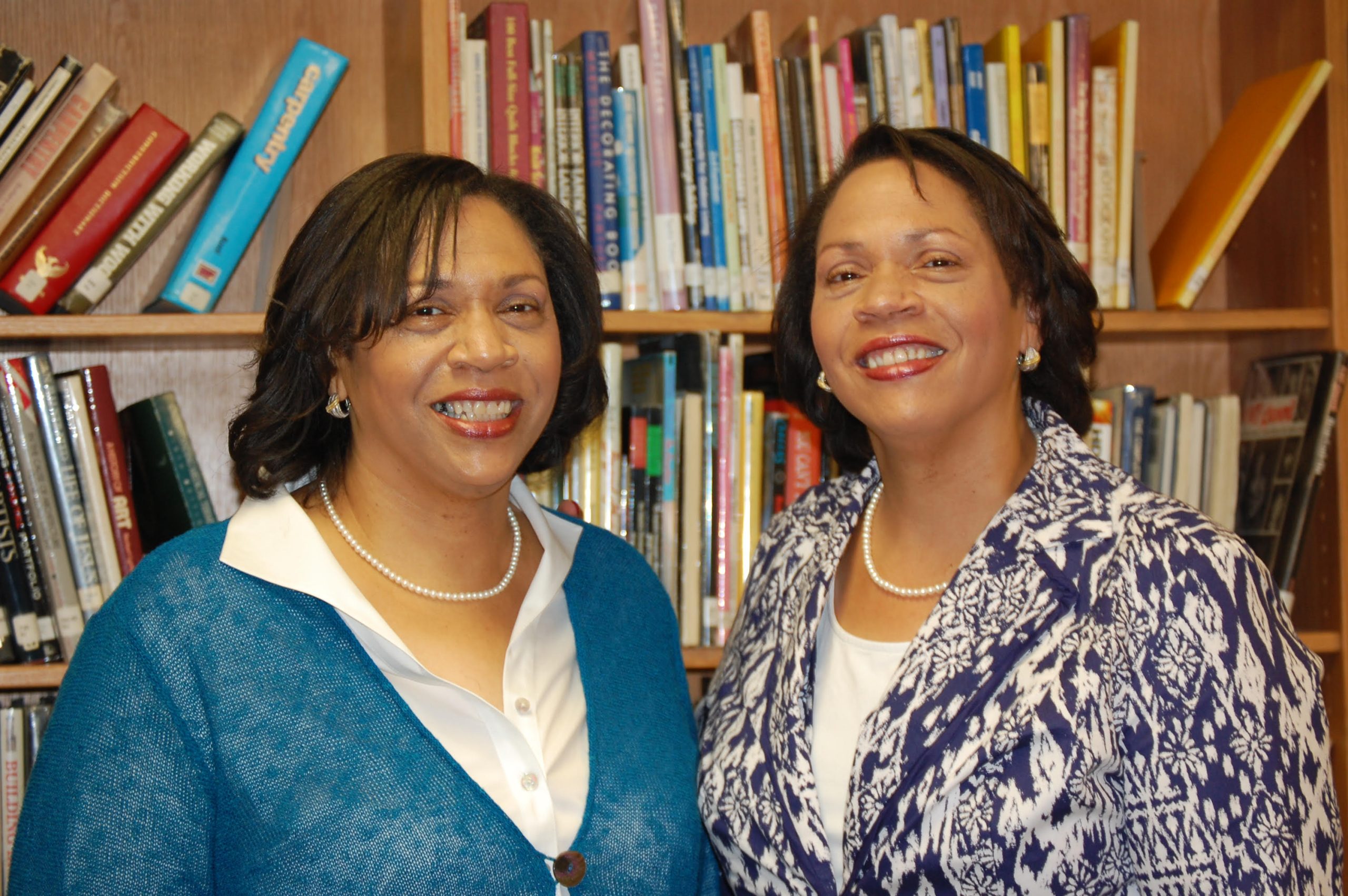Foreword
Keep Growing: How Inspiring Leaders Grow Themselves, Their Educators, and Their Learners
A great leader is able to inspire a teacher to grow and develop from being mediocre to good, good to great. This process requires a leader to be purposeful and intentional in their pedagogy; that’s what The Art and Science of Teaching Agriculture: Four Keys to Dynamic Learning is all about.
As identical twin sisters and colleagues, Marla and I have been fortunate to share experiences in the same profession of education. That’s what we hope for you, too.
Although our areas of leadership have differed somewhat, what we have found is that our outcomes have been similar due to our connected, culturally competent leadership style. We believe that cultural competence is foundational to the art and science of teaching.
Becoming culturally competent is a journey. It is not a place where you land and stay. As situations arise you move back and forth on a continuum. You don’t become good at it and that’s it. You strive to always grow to be better.
Being a culturally competent leader means first, as leaders, that we come to the educational environment with a firm sense of who we are, and that unless we are reflective about our own identity and how it creates a lens through which we view the world, we will not be able to honor the identities of the learners and educators we serve.
In order to develop great educators, a leader must listen deeply to those around them. We have found that being purposefully aware and responsive, and listening to the broader learning community in ways that ensures all community members feel valued, requires consistent work, but the results are certainly worth it.
In addition, inspiring leaders must (1) have organized goals for their teachers that are visionary, goal-driven, innovative, and motivational, (2) possess professional skills such as being knowledgeable and communicative and acknowledging the success of others, and (3) possess personal attributes such as enthusiasm and integrity and being an active listener, respectful, and approachable. These qualities are no different from what a leader wants to see in their educators, therefore these traits must be modeled.
A great, inspiring leader must keep their educators motivated so they inspire their learners. This is a teacher’s most important role and an essential part of their learners’ overall success.
But keeping educators motivated can be challenging. Some suggestions for educational leaders are to:
- Respect them. Use positive, respectful language at all times and really listen to their concerns, thoughts, and ideas.
- Nurture greatness. By giving your teachers new ways to become better at what they do, you are constantly reminding them why they entered the profession in the first place. Hold high expectations for them and they will perform. Consider investing in more effective professional development to help you in this quandary.
- Give them a voice.The easiest way for teachers to lose motivation is when they have been quieted or not allowed to speak at all. Invite teachers to the table whether it be for representing their department or subject area at board meetings, or for giving their opinion about proposed strategies and visions. Even if they are not directly involved in particular meetings, having an open-door policy just to listen creates opportunities for educators to feel like they matter, even if they are not directly involved.
- Encourage collaboration. When teachers are given the opportunity to work together, this can significantly impact their motivation. More seasoned, experienced teachers may be recognized for their most successful teaching strategies. Younger or less experienced teachers can be given validation that what they are doing in their learning environments is working.
- Be available. Help your educators as much as possible by being available when they have a difficult situation or heavier workload.
- Say “thank you.” Recognize the little things that teachers are doing. Everyone wants to feel valued. When we take the time to say “thank you,” we are helping teachers stay motivated. You might also want to set aside time during staff meetings for other teachers to recognize their peers for recently doing something positive.
- Let them know you understand the stressful times.Try not to overload educators during those busier times of year. Try not to overburden them with new initiatives or professional development during report-writing periods, exam periods, preparation for parent-teacher conferences, or preparation for community-based events, to list a few examples. If there is any way you can lend a hand during these periods, whether it be helping with the county fair exhibit, cafeteria or recess duty, or room setup, then try to do so.
- Be resourceful. A leader who wants to help their staff become great must be available to offer suggestions along with resources. While answers aren’t always at your fingertips, you must know how to help teachers move from the mediocre stage of teaching to good and even masterful! This requires leaders to create and continually develop a plethora of ideas and actual useful tools.
This textbook is one of those tools. The Art and Science of Teaching Agriculture: Four Keys to Dynamic Learning is written by professors who believe in both the art and the science of teaching. It is written from hearts who are passionate about the holistic approach to learning environments. It is written by educators who advocate for students to share partnership in the teaching and learning process. And it is written by great leaders who combine decades of experience in educational environments in which they have intentionally and strategically sought to inspire, motivate, and grow toward mastery in their art and science.
We hope you, like us, find yourselves fortunate to thrive in the profession of education.
Enjoy The Art and Science of Teaching Agriculture: Four Keys to Dynamic Learning.

Monica Marsh and Marla Marsh
August 2023

